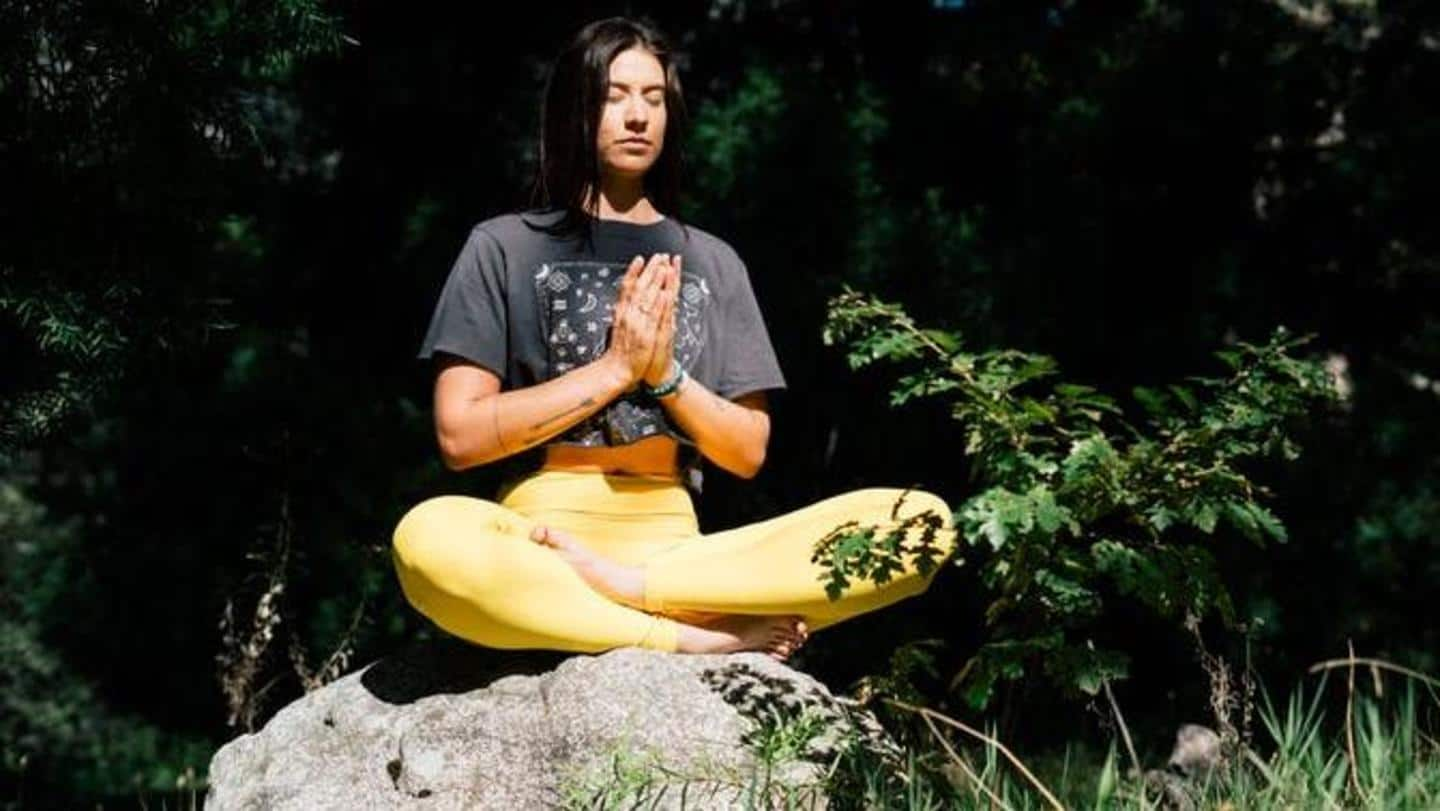
Vipassana meditation: All about the oldest Buddhist meditation practice
What's the story
Also called insight meditation, Vipassana meditation is an ancient meditation technique that helps to deeply focus your mind. It helps you to relax, gives a sense of inner peace, and improves your mental wellness. It also promotes brain plasticity and helps in treating addiction problems. This meditation technique allows you to focus on your inner self without any judgmental thoughts and practice self-observation.
Definition
What is Vipassana Meditation?
Vipassana refers to "special seeing." This Buddhist meditation practice was quite predominant in Southeast Asia and Sri Lanka. It was created by Lord Buddha about 2,400 years ago. It was again revived at the beginning of the 20th century by Mahasi Sayadaw of Burma. Following his death, U Pandita became the leading master of Vipassana and influenced several Vipassana teachers in the West.
Benefits
Benefits of Vipassana
If practiced regularly, Vipassana helps to increase your focus and concentration and relieves the feeling of loneliness as you start feeling complete from the inside. It helps to eliminate depression, stress, and anxiety. According to a 2018 study, individuals who practiced Vipassana experienced high levels of engagement, growth, self-acceptance, and positive relationships. It offers clarity on life and understanding of right and wrong.
Practice
How to practice Vipassana?
It's recommended to practice Vipassana in the morning to get maximum benefits. Choose a quiet secluded area and sit on the floor with your legs crossed. Keep your back straight, engage your core and relax. Close your eyes, breathe normally and observe your thoughts and feelings carefully. Start with five-10 minutes and then work up to 15 minutes once you get used to it.
Guidelines
Some guidelines regarding the meditation technique
A person who is fit physically and mentally and willing to follow the technique sincerely can practice Vipassana. It's important to stay patient and follow the instructions diligently to see positive results in your mind and body. However, a physically weak person or anyone suffering from psychiatric problems or going through emotional upheaval should get approval from their doctor before practicing Vipassana.